On the afternoon of November 14, the National Assembly voted to pass a Resolution on the central budget allocation plan for 2026.
Additional 53,000 billion VND for localities to implement new basic salary
The resolution clearly identifies ensuring resources for wage reform policies and social security regimes as one of the top priorities in budget allocation for 2026.
Of which, the total estimated budget for salary reform is 57,470 billion VND, within the total regular expenditure of 860,430 billion VND.
VND 53,554 billion will be added to local budgets to ensure the implementation of the basic salary of VND 2.34 million/month throughout 2026.
In addition, the Resolution allocates VND 10,000 billion in regular expenditure for National Target Programs; ensures at least 3% of total state budget expenditure for science , technology, innovation and digital transformation; and arranges resources to adjust salaries, pensions, social insurance benefits, and preferential allowances for people with meritorious services according to the plan decided by competent authorities.
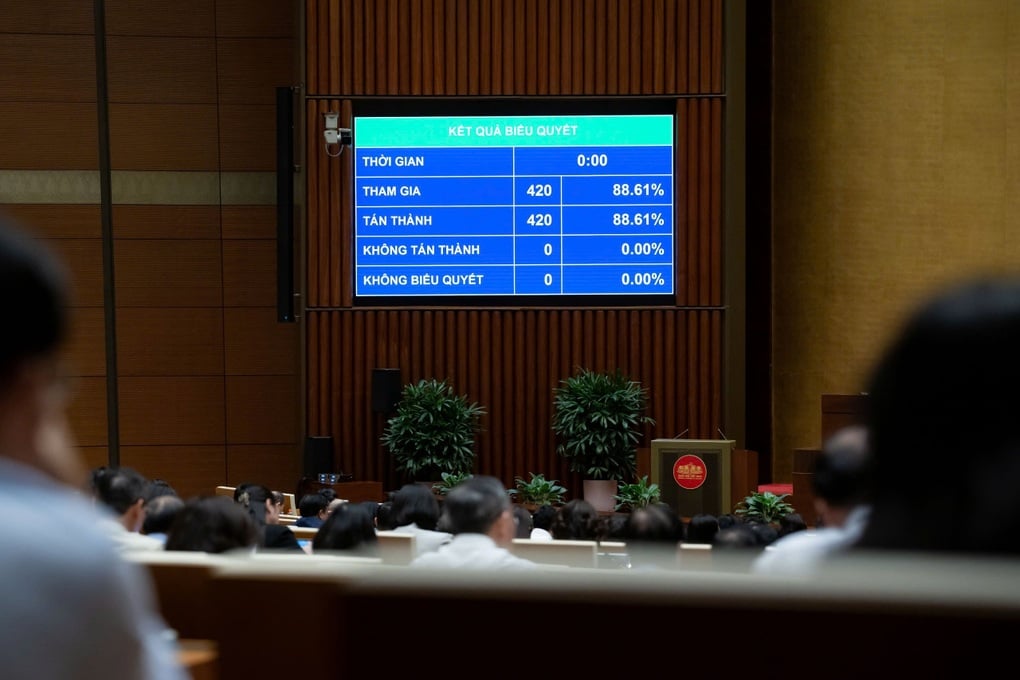
The National Assembly voted to pass the Resolution on the central budget allocation plan for 2026 (Photo: NA).
Adjusting revenue sharing mechanisms and increasing support for localities
According to the Resolution, revenue from granting water resource exploitation rights and environmental protection tax on gasoline and oil will remain divided as before; land use fees and land rent will be implemented according to new regulations in the State Budget Law 2025.
The central government continues to support localities in implementing social security policies according to the Prime Minister 's decision. Localities receiving additional balance or having the rate of regulation to the central government determined on the basis of the 2025 budget estimate after the arrangement of provincial administrative units.
In order for localities to have more resources to carry out spending tasks during the extended year of the stabilization period, the Resolution stipulates an increase of 3% in the additional balance compared to the 2025 estimate; at the same time, an increase of 319 billion VND for Khanh Hoa to implement Resolution 227/2025/QH15 and an additional 168 billion VND for Quang Ngai to ensure the regular spending level in 2026 after adjusting land rent collection to the central budget.
For central agencies that previously enjoyed special financial and income mechanisms under Resolutions 104/2023/QH15 and 142/2024/QH15 but have not been assigned a payroll (except for Vietnam Social Security and the State Bank), the Resolution allows continued arrangement of salaries, contributions, additional income and regular expenditures according to the norms for this payroll number, based on Report 56/BC-CP dated October 16, 2025.
The resolution sets aside 15,000 billion VND in reserves to ensure national financial safety and security in case of socio-economic fluctuations or budget revenue does not meet the estimate; at the same time, it stipulates allocation according to the State Budget Law if revenue reaches or exceeds the plan.
Revenue from fines for road traffic violations is reallocated in the following direction: 6,496.1 billion VND (85%) for the Ministry of Public Security and 1,146.3 billion VND (15%) for localities. With road use fee revenue, the central budget enjoys 100% and implements a targeted additional 10,494.472 billion VND for localities, including 4,677.4 billion VND (35%) for local road management and maintenance and 5,817.072 billion VND (65%) for decentralized national highway management and maintenance.
Receiving opinions from National Assembly deputies at the discussion session on central budget allocation in 2026, Minister of Finance Nguyen Van Thang affirmed that the Government has reviewed and fully updated recommendations and reported to the National Assembly.
The Minister said that the process of developing a budget allocation plan was carried out in a cautious spirit, ensuring the leading role of the central budget, while taking into account the fluctuating factors of the domestic and international economic and financial context.
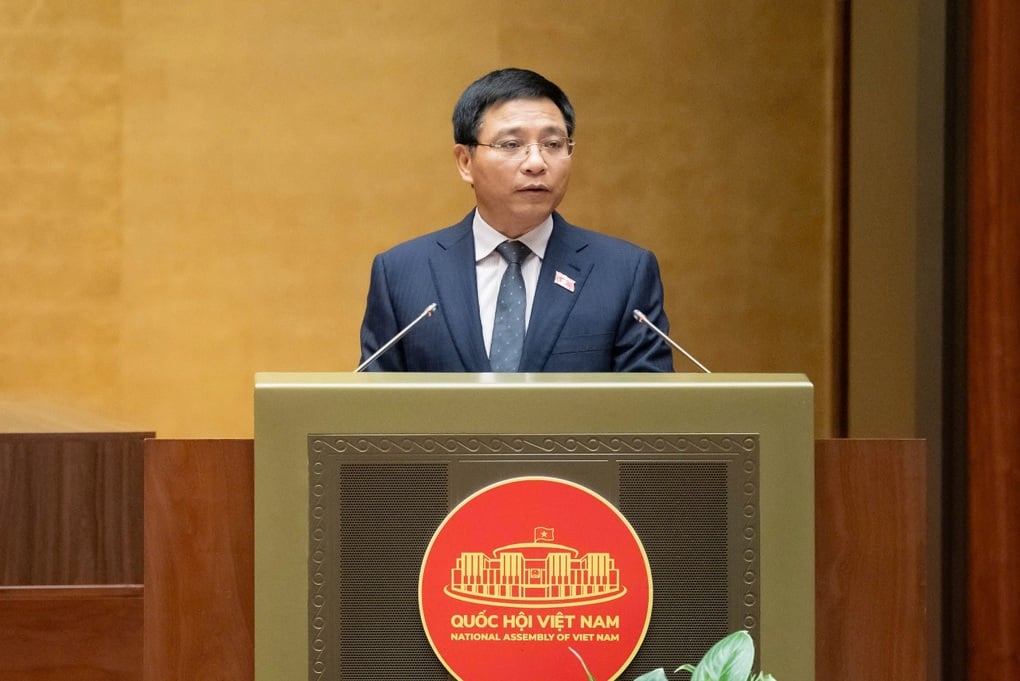
Minister of Finance Nguyen Van Thang spoke to receive opinions from National Assembly deputies (Photo: NA).
According to the Minister, the 2026 budget estimate is designed to meet the requirements of macroeconomic stability, ensuring national defense and security, implementing social security goals and continuing salary reform.
Balancing resources is based on the principle of "prioritizing important and urgent tasks, ensuring feasibility", in accordance with the recovery and growth speed of the economy.
The Minister also emphasized the extension of the 2022-2025 budget stabilization period to 2026 to maintain continuity in budget decentralization, while supporting localities in handling expenditure tasks arising during the transition period. Revenues, expenditure tasks, mechanisms for balancing and targeted supplementation are all determined in accordance with the law and closely follow the reality of each locality.
He said the Government has carefully reviewed unallocated expenditures, set aside reasonable financial reserves, ensured national financial security and created room to respond promptly to risks.
"The goal is to allocate closely and transparently, without loss or waste; at the same time creating momentum for growth and sustainable development," the Minister emphasized.
Source: https://dantri.com.vn/noi-vu/hon-57000-ty-dong-danh-cai-cach-tien-luong-53000-ty-de-chi-luong-moi-20251114152242320.htm




![[Photo] Unique art of painting Tuong masks](https://vphoto.vietnam.vn/thumb/1200x675/vietnam/resource/IMAGE/2025/11/14/1763094089301_ndo_br_1-jpg.webp)

![[Photo] Unique architecture of the deepest metro station in France](https://vphoto.vietnam.vn/thumb/1200x675/vietnam/resource/IMAGE/2025/11/14/1763107592365_ga-sau-nhat-nuoc-phap-duy-1-6403-jpg.webp)

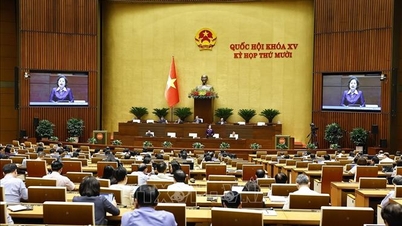



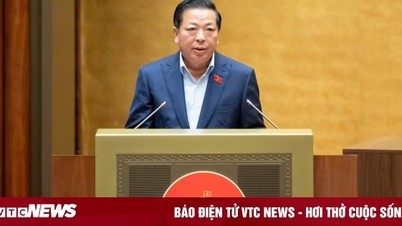



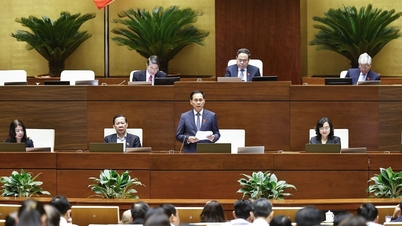


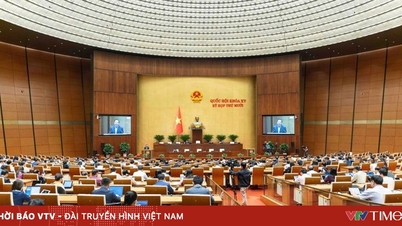





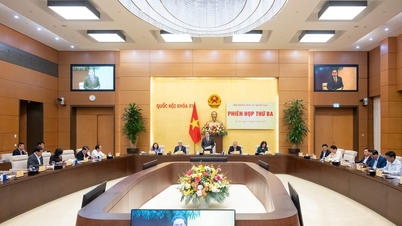

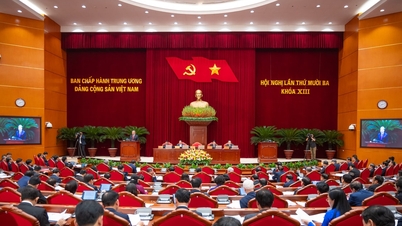
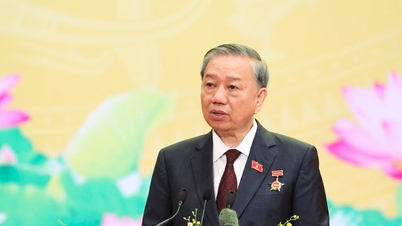











![[Photo] Special class in Tra Linh](https://vphoto.vietnam.vn/thumb/1200x675/vietnam/resource/IMAGE/2025/11/14/1763078485441_ndo_br_lop-hoc-7-jpg.webp)












































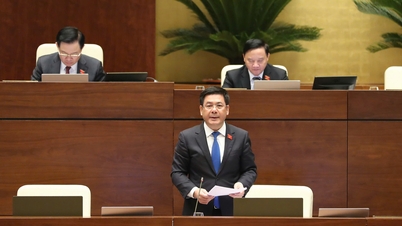











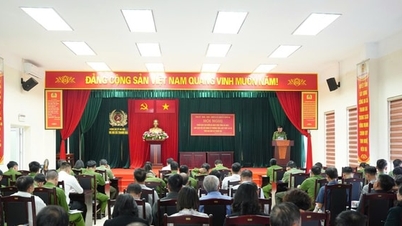














Comment (0)